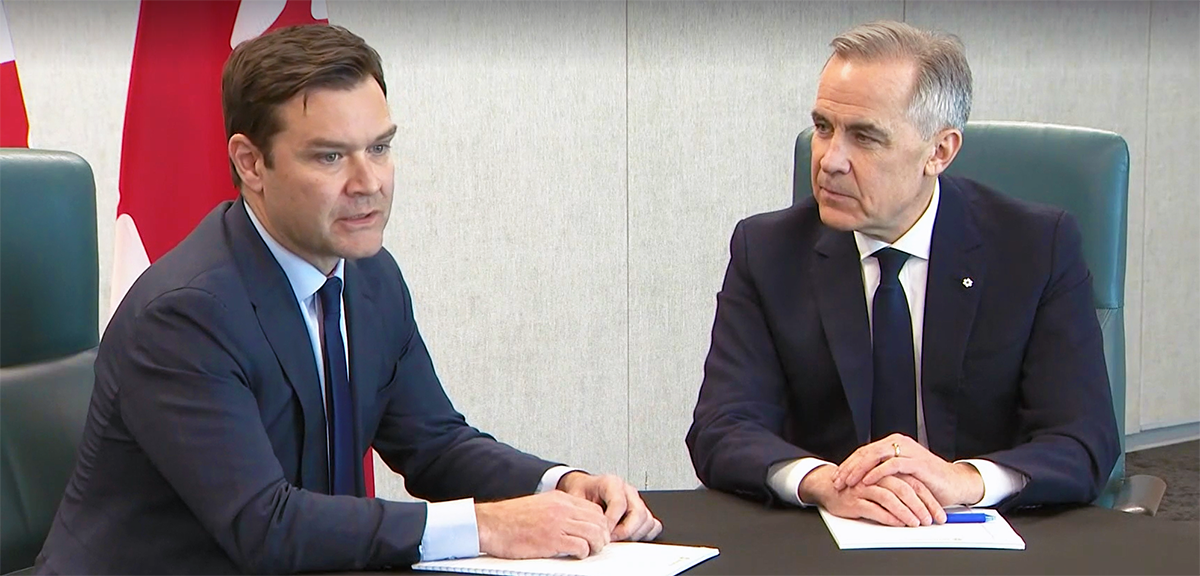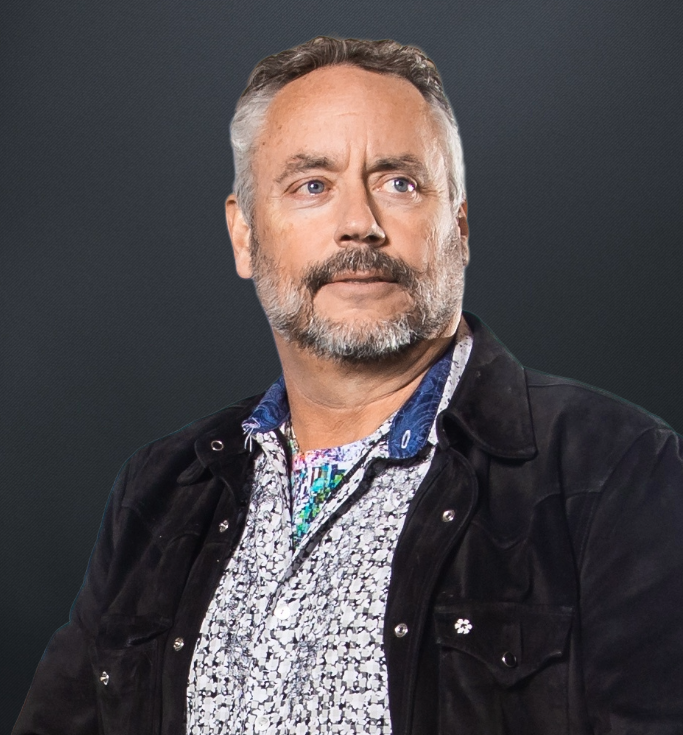Carney’s AI and digital gamble: Can Ottawa finally deliver 21st century government?
Minister of Artificial Intelligence and Digital Innovation in Evan Solomon.
Prime Minister Mark Carney has rightly focused on AI investment to improve productivity across sectors and transformational digital service delivery in government as the connective tissue of much of its economic plan.
As the Liberal platform says: “In 2025, a modern, industrialized economy must integrate these technologies — it is how the government improves service delivery, it is how the government keeps up with the speed of business, and it is how the government maximizes efficiency and reduces cost.”
All of this is true — in fact, the government is grappling with achieving the obvious. Every federal government this century and before has prioritized such transformation, but has not achieved the intended results. As former Treasury Board President Scott Brison said in 2017: “We cannot meet the needs of a Netflix citizenry with a Blockbuster service model.” Yet, eight years later, we are no further ahead. Adoption of new technologies is slow and uneven.
Musical ministerial chairs
For a federal workforce that has to suffer through HR and pay issues, it’s understandable there would be heightened cynicism for senior management to deliver practical, workable IT systems. Even where IT has been adopted to improve efficiency, such as in passports or immigration, massive backlogs and delays are generally the rule, not the exception. Layer over this the heightened concern for IT security in the context of volatile geopolitical tensions and we are left with the fundamental question: where in the Carney government are the priorities that will deliver innovative digital services while protecting Canadian sovereignty and incorporating the rapidly evolving tools for cybersecurity needed to address an ever escalating and more sophisticated threat environment?
Which brings us to the Carney AI and digital innovation and transformation agenda. What will the government do to drive change? So far, it is the classic Ottawa game of musical ministerial chairs. We have a new Minister of Government Transformation, Public Works and Procurement in Joël Lightbound, who will be responsible for delivering transformative services across government and to Canadians. We have a new Minister of Artificial Intelligence and Digital Innovation in Evan Solomon, who we believe has the job to harness AI and digital innovation to improve productivity and access for Canadians, including in the government. Then we have the creation of a dedicated Office of Digital Transformation.
We’ve seen this before. The Trudeau government was a master of creating new ministries with new titles that ended up being not much more than talking points. The emphasis was often more on appearances than results. While signs look like it's built for action, to work across the deputy leadership cadre to ensure digital transformation priorities are directed from the top, this remains a hope and not yet a reality.
Energy-sucking vampire
You can be sure that a battle is currently underway among the Privy Council Office, deputy and associate ministers, and, of course, the new ministers themselves as to who gets or loses control over aspects of the federal government’s existing AI and IT. This kind of machinery rewiring can be like an energy-sucking vampire, impeding progress and results. That said, the momentum from such a tech-infused Liberal budget fuels hope and motivation among leadership that this particular moment in time with this Carney government may be game-changing, with a PM for whom government efficiency is not merely a slogan but a fiscal, economic and political imperative.
The primary target of the Carney Liberals' transformational AI and digital agenda appears to be either the bolstering of Shared Services Canada or a collaborative entity whereby digitalization and transformation are friends. SSC was created under Prime Minister Stephen Harper’s government and has evolved from consolidating basic IT services and infrastructure to encompass a comprehensive suite of digital services, including cloud computing, cybersecurity, and enterprise IT solutions. It has finally refined its ability to deliver secure sovereign services, however, many agree that their work should remain at the infrastructure level as digital plumbers, so to speak. Historically, however, SSC is not well-thought-of in public service. To remedy this, it needs greater authorities and outsourcing capabilities to scale its initiatives and do right by the departments they serve.
Epochal shifts
Prime Minister Carney was given a strong mandate by touting the current economic challenges posed by the Trump disruption and epochal geostrategic shifts as a crisis that required focused action and positioning Canada to prosper in this new, unfamiliar and uncertain reality.
But so far, on AI and IT, Canadians are waiting for a clearer path and for the rubber to hit the road. The Prime Minister has said results matter. If he is sincere in his regard on AI, industry needs to be involved on the Canada-wide productivity front and DMs need to take ownership of modernization in departments. He must instruct the relevant ministers to build on promising initiatives that are well underway and embrace solutions that are already being co-developed by the existing senior IT management cadre and private sector suppliers.
On the downside, the common ministerial mandate letter is vague. On the upside, there is positive potential in its lack of the kind of prescriptiveness we became used to seeing in the Trudeau government’s mandate letters. In the area of sovereign, secure digital service delivery, hopefully the relevant ministers and senior management cadre will take advantage of the scope they have been given to take true ownership and make the Government of Canada digital service offerings fit for purpose in the 21st century
As Prime Minister Carney is fond of saying, it is no longer business as usual for Canada. We are at a time where we cannot afford to do the bare minimum any longer.






